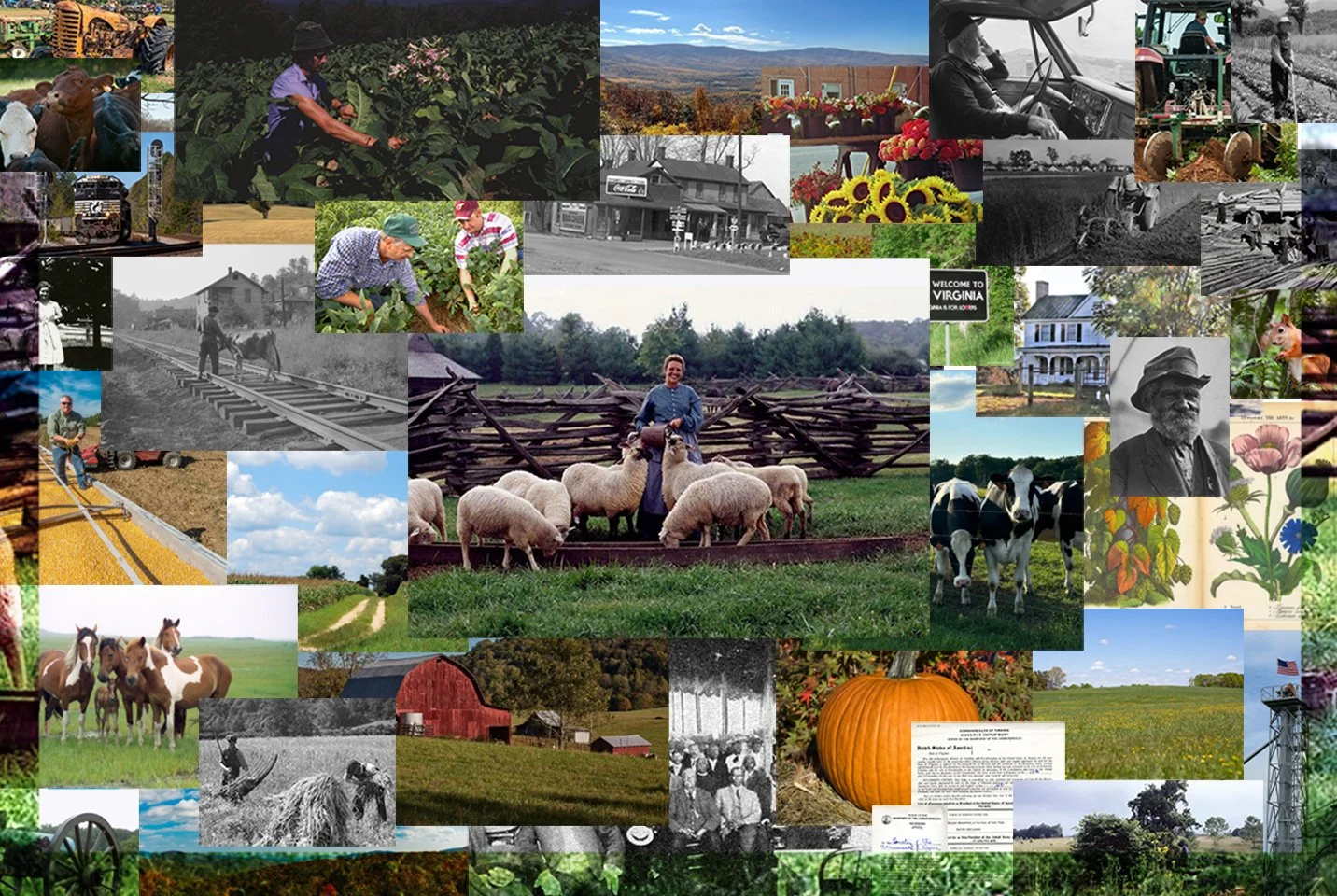
Why Not a Rural Prosperity and Economic Freedom Agenda?
It is no secret that prosperity has been slowly sucked out of American rural communities over the past forty years. Back in the day, there were lots of family farms, small businesses, and local factories in rural communities that did reasonably well.
Today, rural communities are as productive as ever — and the rest of the nation still depends on that production. But rural communities aren’t being paid fairly for their work. Instead, large corporations siphon off the bulk of the profits for themselves.
Unfortunately, both political parties have struggled to respond. The Republican mantra of low taxes and less regulation has benefitted the powerful monopolies more than rural communities. And the Democrats have focused on more providing services than on rebuilding a vibrant rural economy. In short, both parties have, for different reasons, not met the need.
It is time, therefore, for rural communities to demand more – specifically, to demand that politicians agree to a “rural prosperity and economic freedom agenda.” This agenda would be based on two premises: 1) that a fair share of the profits from rural production should stay in rural communities, and 2) we must rebuild rural economic freedom by taking away from big companies their power to monopolize.
Implementing these ideas, of course, will not be easy. Not only are monopolies deeply entrenched, but we have mostly lost the ability to even imagine what a truly fair and free rural marketplace should look like. We need, therefore, to start by imagining what kind of “out of the box” policies could really level the playing field. We need to ask ourselves, why can’t we….? Or why can’t our politicians….?
The following therefore is New Rural Virginia’s first attempt at answering those questions. It is neither perfect nor exhaustive, but it is a start. And we would love to hear from you.
Building a Rural Prosperity and Economic Freedom Agenda
So, why can’t we…
1. Return control of rural farm production to rural communities by breaking up Big Ag's monopoly control of supply chains and agricultural farming, ending industrial-scale livestock operations (in part by forcing them to pay the true costs of their pollution), and helping smaller local operations compete with the monopolies by ensuring better financing options for them.
2. Rewrite the Farm Bill with an explicit mandate for a majority of its food production funding to go to small farms — and ban entirely subsidies to Big Ag.
3. Make sure rural communities are rewarded for doing the essential work for the nation of preserving the environment and our biodiversity, as well as to build food chain resilience against a changing climate. The present approach, mostly limited to offering tax breaks for environmental easements, rewards the wealthy (who buy up rural land and then get a big tax break for doing very little). This hurts rural communities by reducing the local tax base, and makes housing for local folks, and their kids, even less affordable.
4. Revive enforcement of existing laws that require that independent retailers receive a "best pricing" guarantee from suppliers. Too often, small businesses are driven out of business by suppliers who offer big chains a much better price. Independent pharmacies and groceries are the poster child for this, but preferential pricing for big chains and online stores is undercutting small retail entrepreneurs everywhere. There is in fact a 1930s law still on the books forbidding such discrimination, but it hasn’t been enforced for decades. This especially hurts rural communities where independent stores are anchors of the community.
5. Put control of solar energy production in local hands. Electric utilities are following the same monopoly template as Big Ag has done, insisting on industrial scale solar production and then siphoning off the profits. No wonder rural communities are opposed to solar. Yet one thing rural folks have a lot of is land. Why shouldn’t every rural landowner have access to financing and technical support to install small solar operations — from which they could keep a significant share of the profits?
6. Make state spending on education fairer to rural communities. In order for rural communities to produce what the nation needs, rural communities require workers with the latest trades and technology skills. Yet, in Virginia, the community colleges that provide that training are grossly underfunded compared to 4 year colleges. In addition, our state ranks among the worst in the nation even for higher education funding in general. All of which means rural students either can’t get or can’t afford the training they need.
7. Rethink rural community tax base structures. Rural communities are chronically short of funds, thanks in large part to a tax structure that forces them to rely disproportionately on property taxes to pay for essential services. Desperate for money, they are then forced into bad deals to raise revenue, such as approving data centers (without regard to the true long-term costs).
8. Insist on a regional approach to development where choices made by one county impose costs on its neighbors. One county’s approval of data centers for example, will inevitably impact water resources and demands for major new power plants and power lines crossing neighboring counties. One county gets the tax revenue, its neighbors are stuck with the higher utility and transmission costs. Why not enact legislation that would require a regional approach to project approval and to sharing costs and benefits.
What Do You Think?
The ideas above are just a starting point. As we roll up our collective sleeves and get to work, some proposals will prove easier to implement than others. Some may not work at all. And there are certainly many we haven’t thought of.
The key is to keep ourselves focused on the real prize: rural communities deserve to be rewarded for the production they create for everyone else and their essential contribution to national prosperity. And that in turn will require that we demand far-sighted leadership from our political leaders.
So what do you think? Do you have an idea that would contribute to rebuilding rural prosperity and economic freedom? Email us at info@newruralva.org.
The New Rural Virginia team

